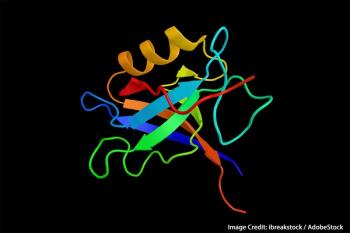
A phase I trial evaluated the safety and efficacy of adding lymphodepletion to HER2-targeted T-cell therapy in patients with advanced HER2-positive sarcoma.

Your AI-Trained Oncology Knowledge Connection!


A phase I trial evaluated the safety and efficacy of adding lymphodepletion to HER2-targeted T-cell therapy in patients with advanced HER2-positive sarcoma.

Experts shared the challenges they've encountered in integrating novel treatments such as CAR T-cell therapy into practice at the 2019 NCCN Annual Conference.
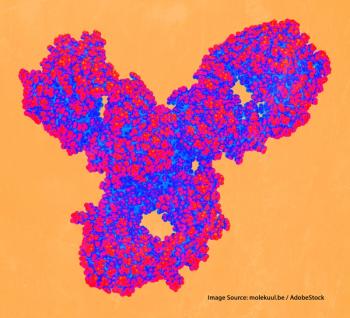
A systematic review in JAMA Oncology examined the safety and efficacy of immune checkpoint inhibitors in advanced-stage cancer patients with HIV infection.

The CheckMate 511 phase IIIb/IV trial investigated raising the nivolumab dose to 3 mg/kg and lowering the ipilimumab dose to 1 mg/kg.

An exploratory analysis showed that patients who received nivolumab plus ipilimumab had better patient-reported outcomes. Do the results hold up?

Results of the 2-year follow-up analysis of the pivotal KEYNOTE-024 trial were recently published in the Journal of Clinical Oncology.

The results of the study add to the growing body of literature regarding potential biomarkers for response to immune checkpoint inhibitors.
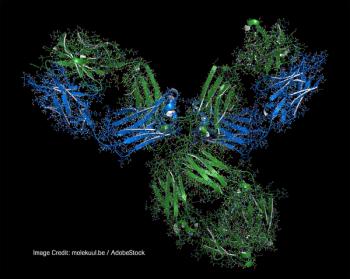
The results, described by an expert as “very interesting” and a “a bit surprising," focused on the impact of autoimmune antibodies on anti–PD-1 therapy.

A meta-analysis looked at whether or not the sex of a patient had any association with the efficacy of immunotherapy in advanced cancers.
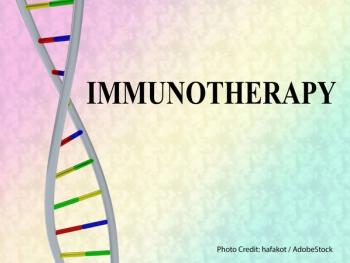
Results of a study evaluating the safety and efficacy of a promising new agent were presented at ASH 2018.

The results of a follow-up analysis to the phase III MAVORIC study were presented at the ASH 2018 Annual Meeting & Exposition.

The recommendations on Trial Reporting in Immuno-Oncology aim to enchance understanding of efficacy and toxicity outcomes in immuno-oncology trials.

The frequency of hepatotoxic immune-related adverse events varied in patients receiving one vs multiple chemotherapy agents.

Dr. Filip Janku speaks with Cancer Network about a phase I clinical trial investigating the use of bacterial clostridium novyi-NT in solid tumors.

While previous research has proven the role of MHC-I molecules, a new study in Cell suggests that MHC-II may also serve as a target in immunotherapy.

A study in JAMA Oncology found that a wide range of fatal toxic events can occur with immune checkpoint inhibitors, and the type of event varies by agent.

Taking corticosteroids at the time of treatment initiation with PD-L1 inhibitors may lead to inferior outcomes in patients with non–small-cell lung cancer.

Recent studies on CAR T-cell immunotherapy, and the recent approval of a new agent, add to evidence supporting the efficacy of these therapies.

The STRIvE-01 study explored the safety of CAR T-cell therapy in children and young adults with relapsed or refractory solid tumors.

Researchers believe an assay may be used to detect and monitor dynamics of genetic mutations of patients treated with immunotherapy.

A murine study suggests this engineered combination may offer a major advantage over current CAR T-cell–based immunotherapies.

A Washington University School of Medicine team’s findings might inform future research into inhibitors of angiogenesis and PD-1 in head and neck cancer.

Tumor microenvironments can induce T-cell senescence and exhaustion; Yangqiu Li et al highlight ways to reverse these states and improve immunotherapeutic efficacy.

“Tumor cell–intrinsic factors shape the tumor immune microenvironment and influence the outcome of immunotherapy,” the lead study author concluded.
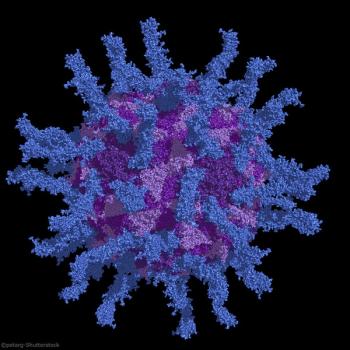
A noncontrolled phase I study in recurrent metastatic glioblastoma showed 3-year survival was five times higher in patients treated with intratumoral PVSRIPO.